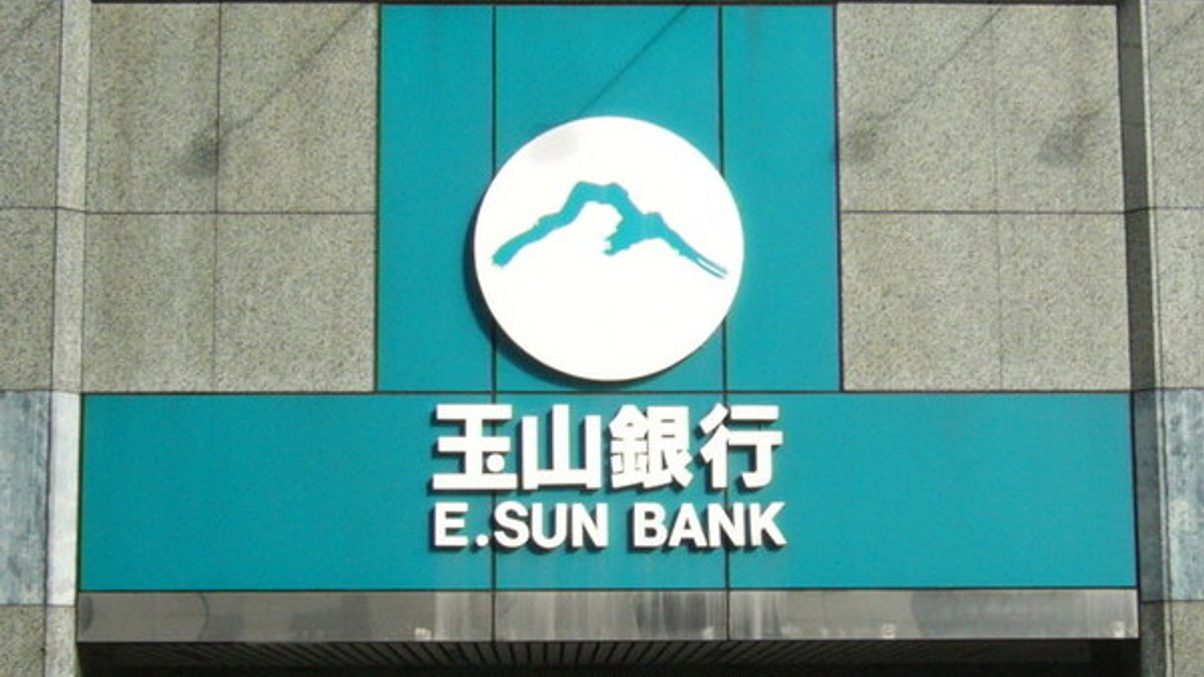How Taiwan’s E.Sun Bank selects funds
Louis Chang, head of wealth management at E.Sun Bank, describes how the firm picks funds and discusses proposals made by the local regulator relating to fees and product distribution.

Banks dominate fund distribution in Taiwan, and E.Sun Bank is one of the biggest players. Its distribution business covers 1,158 funds, about 70% of those available in the market.
Sign in to read on!
Registered users get 2 free articles in 30 days.
Subscribers have full unlimited access to AsianInvestor
Not signed up? New users get 2 free articles per month, plus a 7-day unlimited free trial.
¬ Haymarket Media Limited. All rights reserved.


